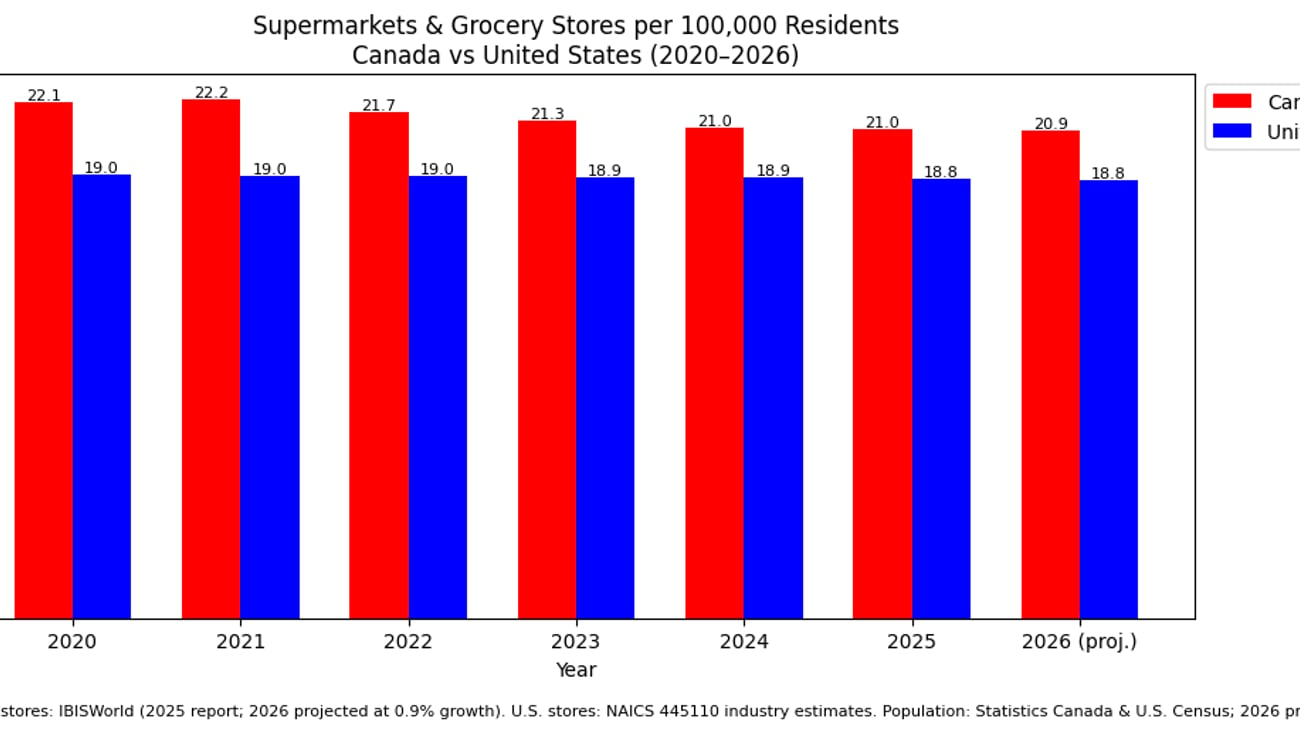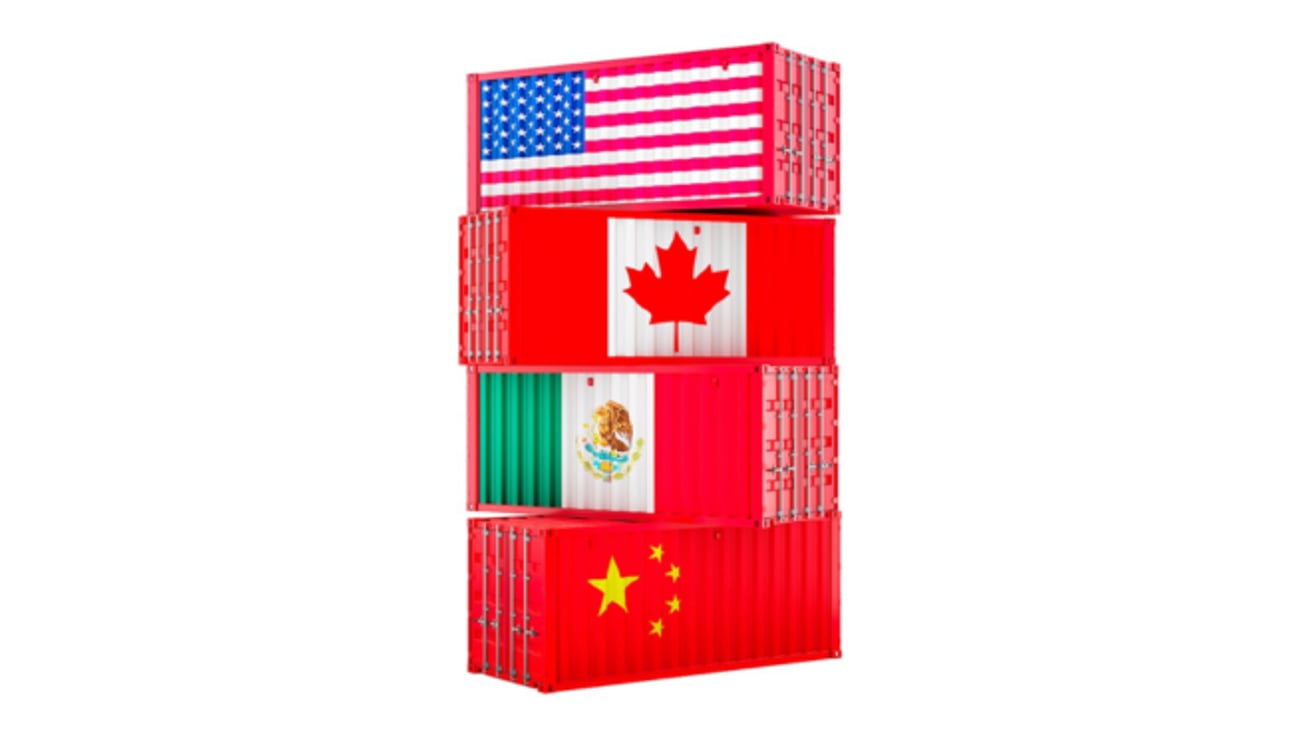Canadian dairy is strong and it wants to get even stronger
The Dairy Farmers of Canada did the right thing and should be commended for asking dairy farmers to stop using palmitic acids in feed while launching a national investigation on the matter. It was the right decision, full stop. For maybe the first time in its history, the very powerful lobby group, arguably the most powerful one in the country, opted to listen to Canadians. Not easy to admit publicly that something is not right, especially in Canadian dairy.
Early on, the Dairy Farmers of Canada stated that nothing was wrong. On Feb. 19, it acknowledge that something needs to be addressed and created a committee to investigate the matter. On Feb. 25, the group halted the practice and launched an investigation. Quite the reversal.
Dairy boards are accustomed to receiving criticism, mostly from animal welfare activists and vegans who believe the sector should be outlawed. This time was different because criticism came from consumers who were stunned to learn that palm oil, a product that comes from the other side of the world, was part of our dairy production process.
Most Canadians believe sustainability, local, natural and purity are values embedded in the long-running Dairy Farmers' Blue Cow campaign. The image palm oil portrays does not wed well with what the industry is about. For many Canadians, something doesn't feel right and that is a problem for the industry, whether it agrees with the public outcry or not. Simply put, our social contract with the industry has been compromised.
Many have said "Buttergate" is a first-world problem. Perhaps, but Buttergate was never to be considered a scandal or a controversy. It simply points to a deep-rooted problem the dairy industry has had for a very long time without acknowledging it. Starting with the lack of transparency. For the most part, dairy regulates itself which is why dairy processors have little to say about the quality of ingredients they lawfully must buy. The focus of dairy research needs to change. Most of it has to do with increasing productivity and genetics at farmgate. Dairy research will need to address the disconnect we have between animal science, how we feed animals, and how these practices impact the quality of dairy products and human health over time.
When it comes to dairy product quality, Canada is literally flying in the dark. For whatever reason, at the retail level not many people look at butter’s ingredients. This has changed with the widespread talk of Buttergate. This has also forced the dairy industry to look hard at its practices. In more recent statements, the Dairy Farmers of Canada claimed data suggests the quantity of palmitic acid in milk fat meets the regulated standards. Yet, the dairy industry is now launching an investigation to see if our butter actually measures up to industry standards. The industry shouldn’t have to investigate, as it should already have the evidence.
Replacing the use of palmitic acids in feed will not be easy. Many scientists say there are few alternatives right now. But again, with research, Canadian-made alternatives can be designed and marketed properly. Other countries using palmitic acids are now thinking of making changes to feed protocols as well. This could be an opportunity for Canadian dairy know-how to continue to shine and do well internationally in dairy energy supplements.
It is also important to note that not all dairy farmers are using palmitic supplements to feed their cows. We believe about 35% to 40% of Canadian dairy farmers are using them. So, it begs the question as to why some dairy farmers have chosen not to use palmitic acids in their feed despite its legality. As such, it would be important to perhaps set best practices in the industry, or at least revisit them while considering our dairy industry as a social system. In other words, whatever happens on the farm requires public acceptance. This is what Buttergate is all about.
The industry will come out of this stronger than ever on the other side of the investigation. What we have learned though over the last two weeks is this: Product characteristics at retail are just one issue and not the most significant one. Many Canadians hope ethical and moral considerations of farmgate practices will be in scope of the investigation. People involved in the investigation should not just be like-minded stakeholders who are already part of the vast and powerful incircles of the industry. The investigation should be open and it should look at imported dairy products as well. Perhaps reciprocity is necessary to protect our farmers unless our own sector considers a palm oil-free position as a competitive advantage. Everything should be on the table at this point.
Dairy farmers are good, responsible people. They were doing what they thought was right for them, for their herds, and for the Canadian public. Boards, on the other hand, should have known that society has changed and the industry needs to adapt. We have supply management in Canada that allows for changes in farming protocols without financially penalizing farmers. We should use our system wisely, so it serves the Canadian population well.




